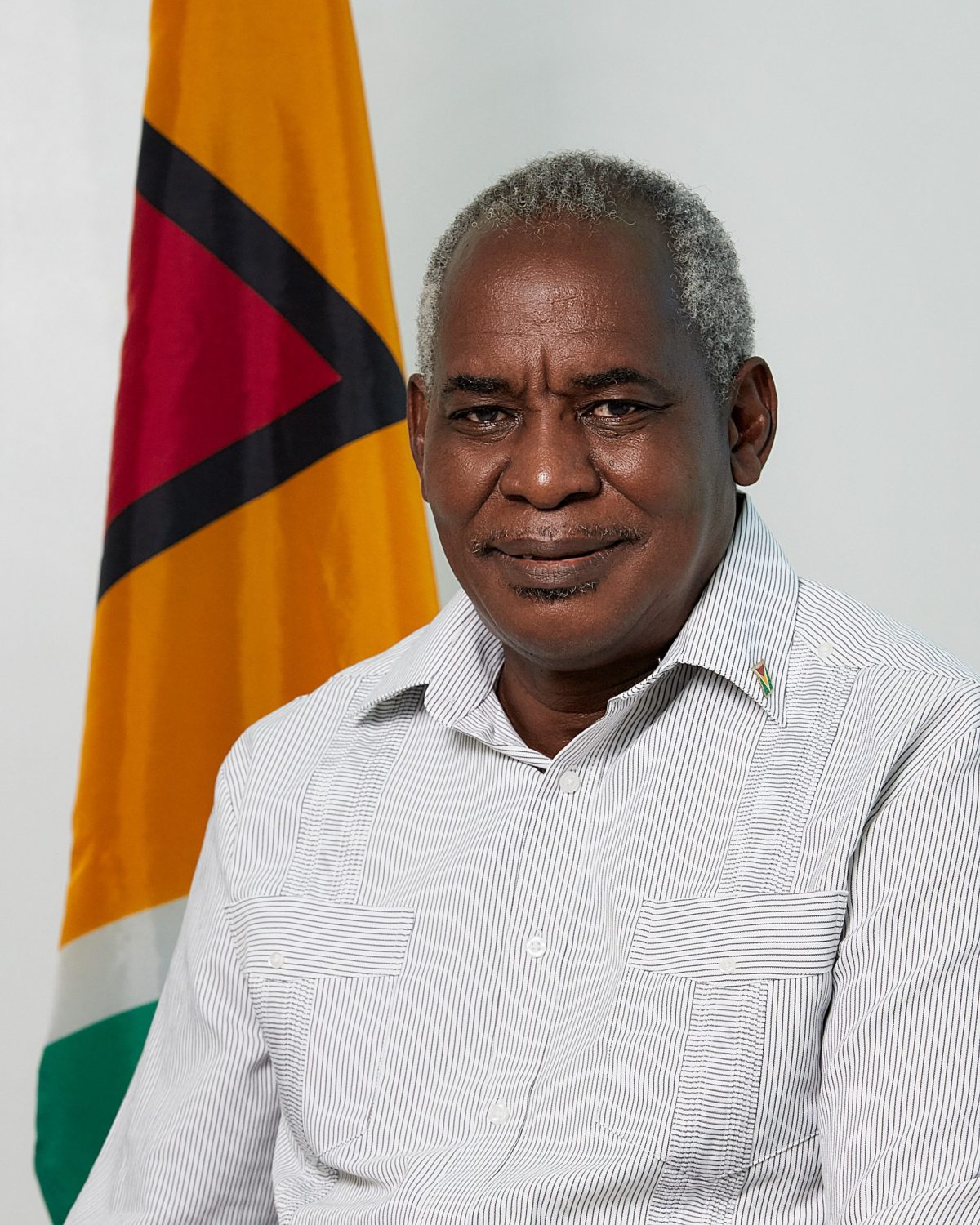With the support of the opposition, the Narcotic Drugs and Psychotropic Substances (Control) (Amendment) Bill was passed in the National Assembly on Wednesday and now encompasses what are commonly known as “designer” drugs.
The amendment bill seeks to control the possession and use of new and emerging psychotropic substances.
The amendment to the Principal Act inserted a definition for “controlled substance analogue” and amends the definition of “narcotic” to include controlled substance analogues.
The explanatory memorandum for the bill states that this insertion includes all new compounds of narcotics drugs and psychotropic substances especially synthetic substances with a similar chemical and structural makeup and a similar or greater stimulant, depressant, or hallucinogenic effect on the central nervous system to those substances currently prohibited by the Principal Act.
This will ensure that persons in possession of these substances will be charged and prosecuted accordingly.
The bill now states that Section 2 of the Principal Act is amended as follows by the insertion of “controlled substance analogue”, immediately after the definition of “coca leaves”. This means “a substance that is structurally chemically similar to the substances set out in the first schedule and second schedule”.
Home Affairs Minister Robeson Benn at the opening of the debate on the bill said the amendment is “to bring into the realm of law, the realm of prosecutorial offences to synthetics and all those other substances which are narcotics, psychotropic substances and stimulants which were previously not captured in our legislation.”
Even as he give his full support for the passage of the Bill, APNU+AFC member Jermaine Figueira questioned whether the proposed penalties were well thought out.
“The amendment targets young people. So it is a Bill that I will render my support… [However] it doesn’t provide any alternative for our youths, be it first-time offenders or the amount in possession … This Mr. Speaker should of great concern for every Guyanese,” Figueira said.
He questioned whether the government has thought of embarking on a nationwide educational campaign to sensitise adults and youths on the dangers of the “designer drugs” and if alternative sentencing options were looked at.
“This bill and its intent is pointed in the right direction… A direction, we on this side of the House support, Mr Speaker, it is our belief the steps in this direction need to leap far beyond what is in the explanatory memorandum for a much more thorough and prudent approach to address the myriad concerns these drugs present…” he emphasised. He also called on Benn to accept the recommendations the opposition put forward “to make this bill a much better bill.”
However, Benn in rebuttal stated that the objective of the bill is to capture all combinations of the designer drugs and nothing else.
APNU+AFC member, Khemraj Ramjattan, in his contribution praised Benn for a well thought-out bill as it captures the evolution of drugs. He noted that with the bill holistically capturing the designer drugs, Guyana is in a better position of prosecuting makers and traffickers of the illegal substances.
Meanwhile, Minister of Culture, Youth and Sport Charles Ramson stated that the amendments to the act are a clear indication that his government is looking out for the present and future generations.
“The government has a holistic approach in dealing with programmes against the use of drugs, making sure that the police, the justice sector has the regulatory and legislative framework and that’s the reason why we are bringing the amendments,” Ramson stated.
He used the opportunity to flay the opposition for failing to implement such a change while they were in government between 2015 and 2020 and said it is a shame that they are now making recommendations on what should be included in the bill.
Earlier this year, Government added Ecstasy to the list of psychotropic substances which are illegal to possess or use without a specific licence.
According to the Narcotic Drugs and Psychotropic Substances (Control) (Amendments of Second Schedule), Methylenedioxymethamphetamine (MDMA) the scientific name for ecstasy, is to be item 3A on the list of psychotropic substances, making it a narcotic whose possession is strictly controlled by Guyanese law. The Order is a response to a recent spate of cases related to the possession and sale of ecstasy and a series of designer drugs which are not expressly prohibited by current legislation.
Over the years, it has been difficult for law enforcement officers to prosecute persons carrying illegal substances that were not listed in the laws of Guyana.
In October 2019 Principal Magistrate Faith McGusty upheld a no-case submission made on behalf of Samuel Bruce and Kelder Halley, who were charged with possession of ecstasy for trafficking. In his submission, attorney Bernard DaSilva had argued that the prosecution failed to establish that ecstasy was a prohibited drug in accordance with the Narcotic Drugs and Psychotropic Substances (Control) Act.





